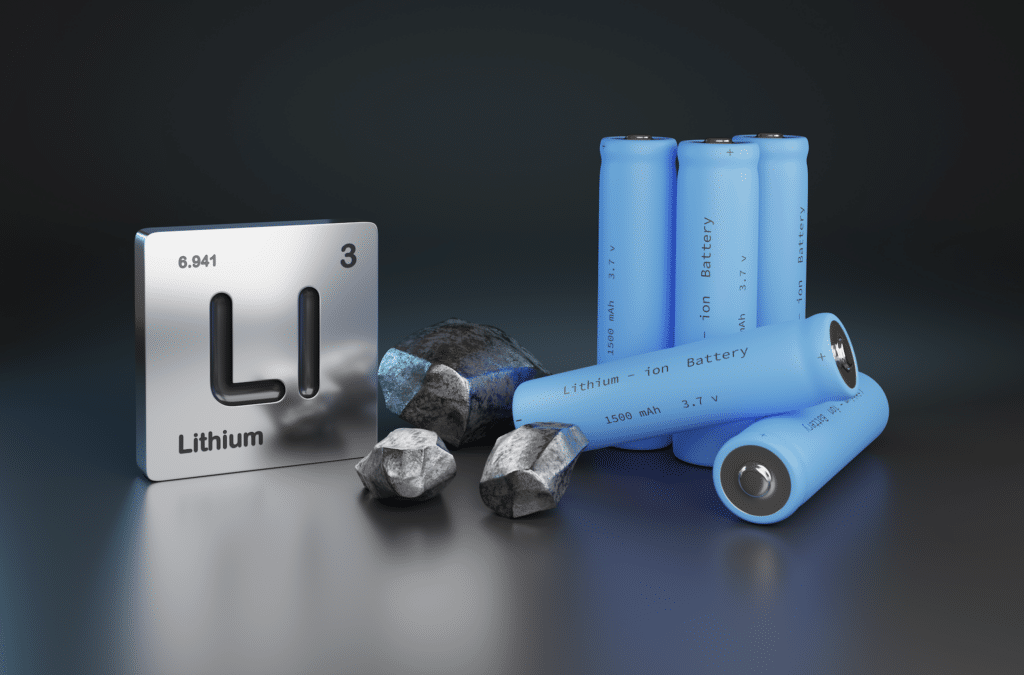Germany may soon become a major customer of Australian lithium as the country attempts to lessen its reliance on Chinese imports.
During a recent visit to Australia, German Foreign Minister Annalena Baerbock told the ABC the nation is looking to diversify its lithium supply chain after a reliance on Russian fuel led to political turmoil when the Ukraine conflict began.
“Lithium comes from Australia then it’s being exported to China, processed there, and then we import it again,” Baerbock said.
“The smartest thing not only for diversification, but also strengthening ties between democracies, and free markets, would be if we could import the lithium directly from Australia.”
Australian Federal Resources Minister Madeleine King has been vocal about her desire to see Australia become a dominant player in the international critical minerals sector.
In February, King called on European markets to source their critical minerals from origins with strong ethical and sustainable providence, as opposed to more dubious sources.
“We’re a reliable supplier of commodities that are not subject to undue interference or restraint from anyone, but particularly the government,” she said.
The Federal Government’s ‘Resources and Energy Quarterly’ (REQ) for March 2024 has projected a 70 per cent increase in Australia’s lithium mine production to 2029.
The REQ said electric vehicles (EVs) will drive global lithium consumption, with a forecast 16 per cent rise every year, reaching 2.3 million tonnes by the end of the decade.
Europe has been a strong driver of the EV market, and if other international markets follow Germany’s lead in diversifying their supply chains with Australian lithium, the stage will be set for a bright future for the commodity.



